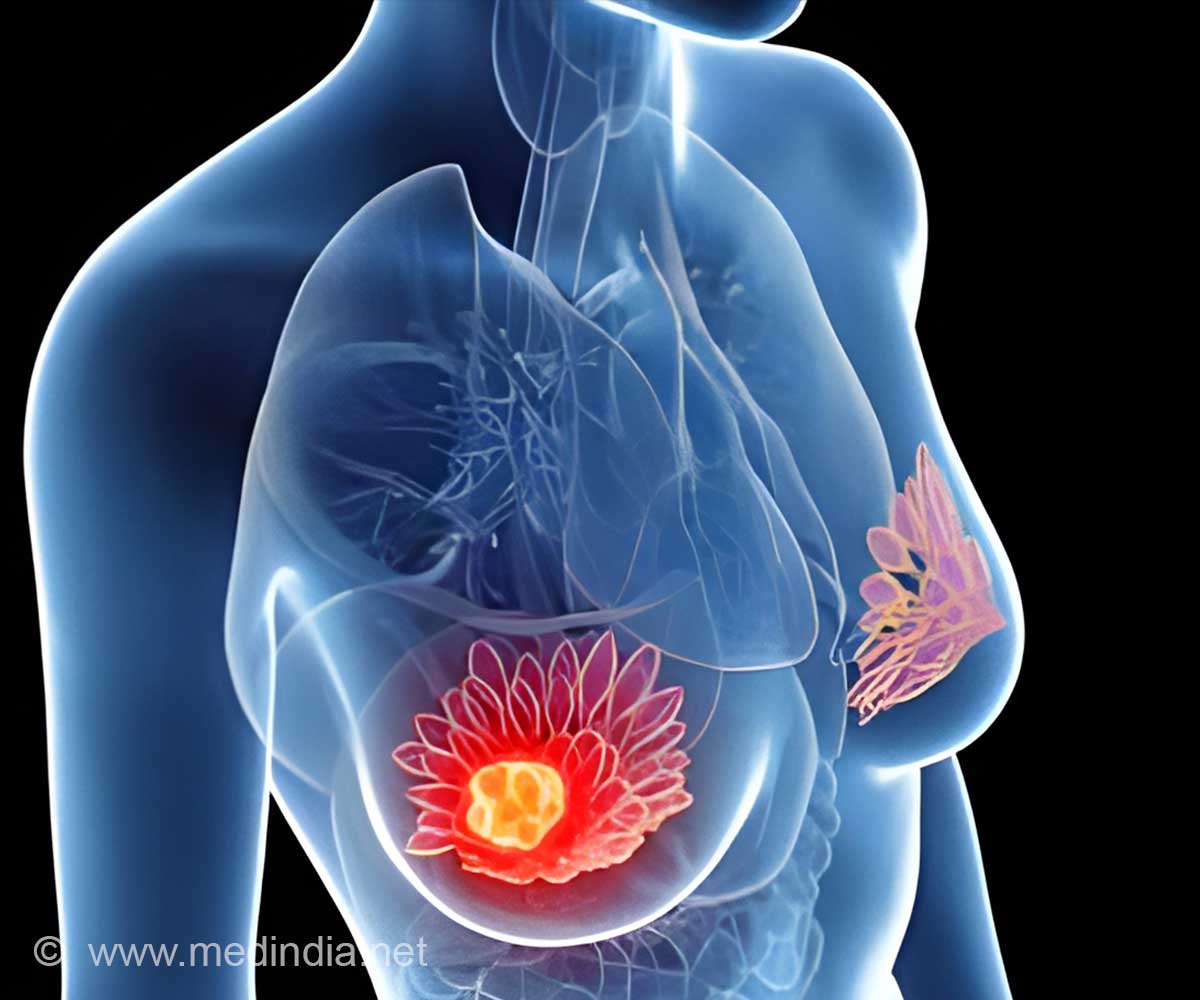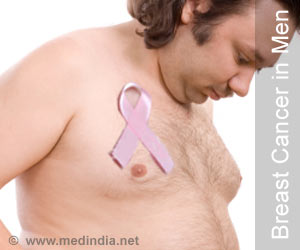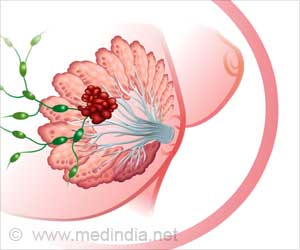Cancer-initiating gene could be kept in check with a new combination of diabetes drug and immunotherapy. This combination is being tried in breast cancer animal models.

‘In the study, the drug combo exploited the metabolic vulnerabilities that high levels of MYC create in tumor cells. Metformin and venetoclax, when given together, killed breast tumor cells in culture and blocked tumor growth in breast cancer animal models.’





Klefstrom and his research group found that, because of this vulnerability, cancer cells can be attacked with a "drug cocktail" that includes the diabetes drug metformin and venetoclax, a BCL-2 protein inhibitor that can induce apoptosis in cancer cells. The group identified metformin in a search for drugs that could boost the apoptosis-inducing action of venetoclax. Venetoclax has been approved to treat certain leukemias but not yet for the treatment of breast cancer.
"This drug combo exploits specific metabolic vulnerabilities that high levels of MYC creates in tumor cells. Metformin and venetoclax, when given together, killed breast tumor cells in culture and blocked tumor growth in breast cancer animal models. Furthermore, the drugs efficiently killed authentic breast cancer tissue donated by breast cancer patients. The breast cancer samples were obtained fresh from surgeries performed in Helsinki University Hospital", Dr. Klefstrom says.
However, the researchers soon discovered that the metformin plus venetoclax treatment only held tumors in check as long as the mice with implanted breast tumors were actively being treated with the drugs; once the treatment was stopped, the tumors grew back.
The study shows that tumors were initially filled with tumor-killing lymphocytes; however, after the treatment, they largely vanished and the remaining killer cells expressed PD-1, a marker of immune cell exhaustion.
Advertisement
"With this combination, the survival of mice carrying implanted tumors was extended dramatically in comparison to mice that were treated with only single or double combinations," Klefstrom states.
Advertisement
The first author of the study Dr. Heidi Haikala notes: "It’s quite amazing how we’ve been able to bring a discovery from the lab bench all the way to the doors of the cancer clinics within the time frame of one Ph.D. project. We are very excited about our findings and hope that they will translate to benefit breast cancer patients."
"This is a great example of how scientists in academia, leveraging highly specialized tumor models and applying their unique insights, can contribute to the discovery of potential new treatments for people with cancer. It is also a testament to the great research being done in smaller countries like Finland," states Joel Leverson, Ph.D., a Senior Scientific Director at AbbVie and one of the senior authors in the study.
"We finally have a drug combination that efficiently exploits MYC’s apoptotic function, and most importantly, these drugs can be tested in the clinic in real patients. We are currently working hard towards this next step.", Klefstrom concludes.
Source-Eurekalert















